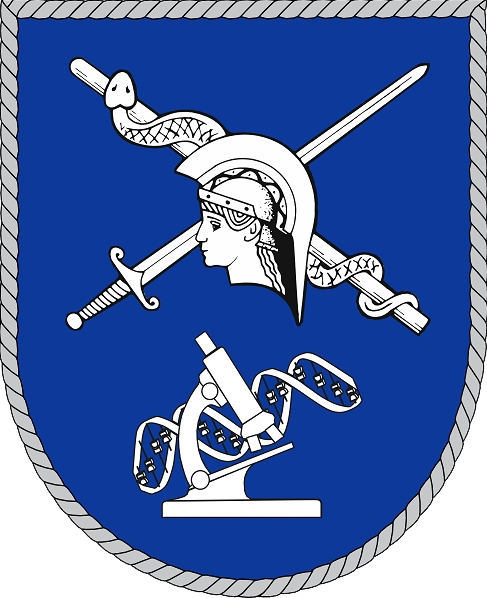Department for Viruses and intracellular Pathogens
Lead: Cdr. (MC) Dr. Joachim J. Bugert
We focus on high consequence human and veterinary viruses and intracellular pathogens using the collaborative 'One Health' approach.
The working groups of the department develop and optimise diagnostic procedures to directly detect high consequence pathogens, as well as humoral and cellular immune responses directed against them.
The department conducts joint medical and veterinary investigations into the epidemiology of emerging and reemerging viral and intracellular pathogens, with the aim to distinguish intentional releases of biological agents from natural occurring outbreaks and accidental releases.
The Institute’s diagnostic unit offers state-of-the art diagnostic methods developed and regularly updated by the department.
The department runs the national reference laboratory for tick-borne encephalitis (TBE).
In internally and externally funded research projects departmental working groups study the interactions of viral pathogens with host cells and the effectiveness of antiviral and antimicrobial agents. Complex infection models (e.g. chamber and spheroid models of the blood-brain (BB) barrier) are developed in cooperation with the Helmholtz Centre Munich and used to compare viral pathogens and the properties of antiviral compounds crossing the BB barrier. Other barrier models are under development.
For the therapy of antibiotic multi-resistant (AMR) bacteria we isolate, characterise, and modify bacteriophages with a focus on lytic phages targetting AMR Klebsiella ssp and CBRN relevant RG3 bacteria. In collaboration with partners of the European Phage4_1Health platform, the department runs phage banks and optimizes production protocols for force protection, which are made available for use in civilian and defense research as well as clinical studies.

